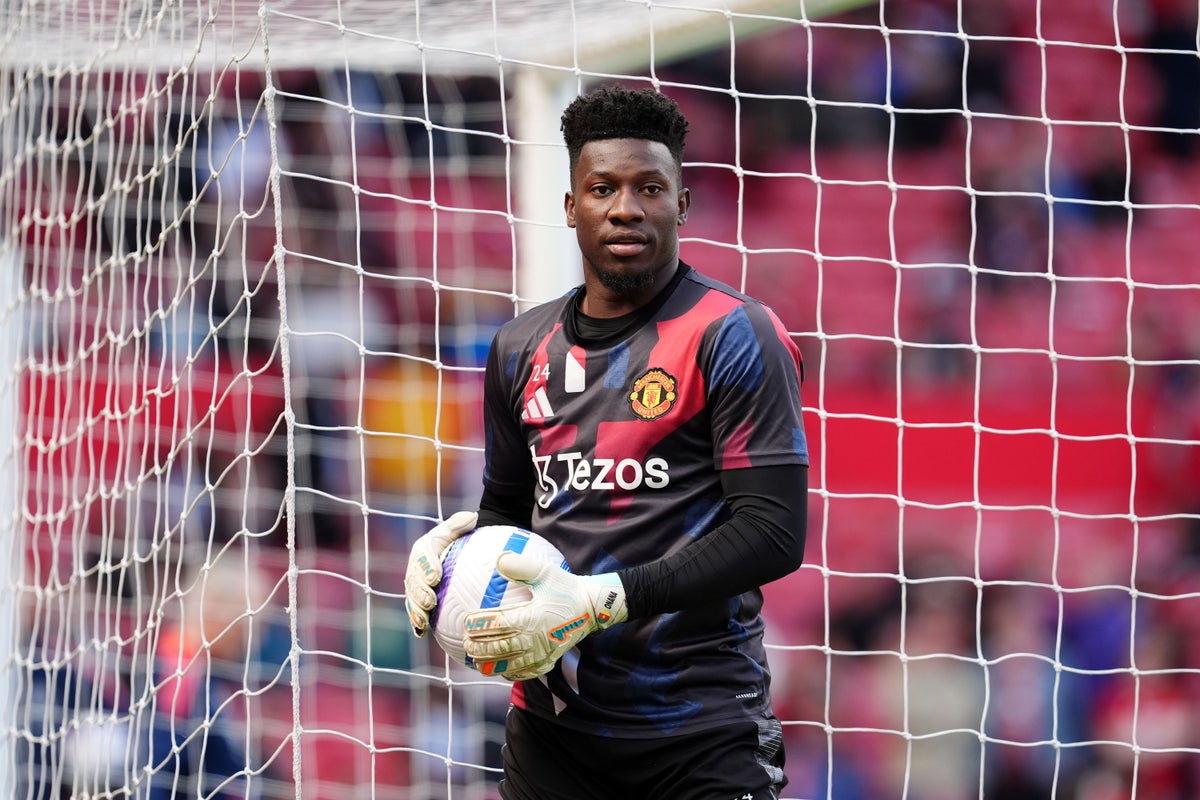The government clashed twice with trade unions in the past week and demonstrated its independence from the movement from which the Labour Party arose but to which it must never be beholden.
Activists attending the “policy” conference of Unite, the trade union, voted to suspend Angela Rayner, the deputy prime minister, from membership of the union, because they blame her for failing to settle the Birmingham bins dispute. By seeking to use the leverage of a personal attack, they undermined their comrades’ cause.
Ms Rayner is a proud trade unionist who owes her start in politics to the success she made of her role as a Unison union representative of care workers. Her Unite membership was a paper one, and she says she had already given it up. She was rightly disdainful of Unite’s pettiness and the Birmingham dispute is probably further from resolution as a result.
If the case against the workforce changes in Birmingham is as strong as Sharon Graham, the general secretary of Unite, says it is, it should not need the attempted intimidation of government ministers to fight it.
Meanwhile, Ms Rayner’s cabinet colleague Wes Streeting, the health secretary, is engaged in a different disagreement with another trade union, and one of national significance.
He settled the dispute with junior hospital doctors, now called resident doctors, when Labour took office last year. The doctors secured a bigger pay rise than other public sector employees. It was a generous deal, which The Independent criticised because it did not include any commitment on the part of doctors to more efficient ways of working.
Doctors could look forward to several years of favourable treatment, by which their pay would continue to catch up after the real-terms decline of the Conservative years. Instead, the British Medical Association has balloted its members on strike action in pursuit of a “non-negotiable” demand for a 29 per cent pay rise. In that ballot an overwhelming majority of those voting supported strikes, but the strike option still failed to secure the support of a majority of those entitled to vote.
As a result, public opinion is opposed to the strikes, in contrast to last year’s dispute when the doctors’ case was supported.
Alan Johnson, the former health secretary and a former union leader himself, tells The Independent: “This has all the signs of the BMA leading their troops into a battle they can’t win – nor should they, given that government has honoured the pay review recommendations in full having settled last year’s dispute immediately on taking office.”
Mr Johnson is right when he says: “This is a battle Wes Streeting has to win.”
The Independent is not anti-union, despite the circumstances of its birth in the 1980s, which was enabled by the breaking of the power of the print unions in the newspaper industry. We believe that unions have a valuable role in supporting and defending their members.
We have our reservations about some of the measures in Ms Rayner’s Employment Rights Bill, and think it was right to postpone implementation of some of the most contentious of them until at least 2027. But there is nothing wrong with unions seeking to influence that legislation and calling on the common bonds of history to persuade Labour ministers of their arguments.
But in the end, ministers must decide. They can take account of representations made by trade unions, but they should not be bullied, either by personal gestures or by industrial action. Ms Rayner and Mr Streeting must stand firm.




